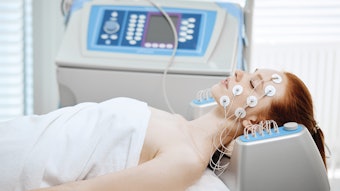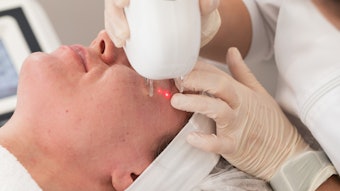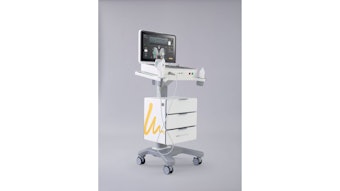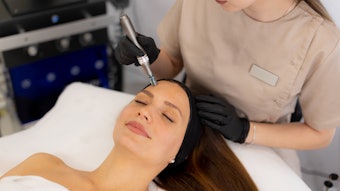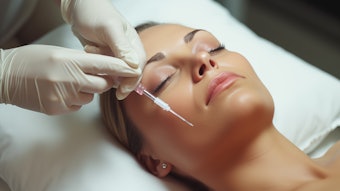
The American Med Spa Association (AmSpa) members in Texas have been requesting information about the new rules issued by the Texas Medical Board (TMB). The rules relate to nonsurgical medical cosmetic procedures including the injection of medication or substances for cosmetic purposes and the use of prescription medical devices, such as lasers, for cosmetic purposes, and directly impact the medical spa business. The new rules became effective on November 7, 2013, and are listed in Title 22, Section 193.17 of the Texas Administrative Code. According to Stuart Miller of Strasburger & Price, LLP, who advised the America Med Spa Association about these new regulations, “medical spas will no longer be able to perform nonsurgical medical procedures without having a physician, a nurse practitioner or physician assistant on staff to complete a 10-step process before beginning the procedure.”
“Of course, any nurse practitioner or physician assistant must be under the supervision of and have properly delegated responsibilities from a licensed doctor in order to perform medical services,” he added. The new TMB rule 193.17 requires a physician or a midlevel practitioner (i.e., physician assistant or nurse practitioner) acting under the delegation of a physician to fulfill 10 primary requirements before authorizing a nonsurgical cosmetic procedure. Specifically, the physician or midlevel practitioner must:
- Take a history;
- Perform a physical examination;
- Diagnose the patient;
- Recommend appropriate treatment;
- Develop a detailed written treatment plan;
- Obtain the patient’s informed consent;
- Provide instructions for emergency and follow up care;
- Prepare and date an appropriate medical record;
- Sign and maintain written protocols that have a level of detail appropriate for the person who will be performing the procedure; and
- Sign and date written standing orders.
Once a patient has been evaluated and diagnosed in accordance with the requirements above, qualified, unlicensed personnel including an R.N., L.V.N., or esthetician, are permitted to perform nonsurgical cosmetic procedures under appropriate supervision of the physician or midlevel practitioner.
Further, each of the 10 items listed above must be documented in the patient’s medical record. Miller remarked that “the TMB did not mandate specific language to be used or prescribe a particular form necessary to comply with the new rule.” The TMB has, however, provided some guidance regarding the documentation of certain information—for example, with regard to the documentation of written office protocols, the TMB requires that the medical record reflect the following:
- The identity of the physician responsible for the delegation of the procedure;
- Selection criteria used to screen patients by the physician or midlevel practitioner for the appropriateness of treatment;
- A description of appropriate care and follow-up for common complications, serious injury, or emergencies;
- A statement of the activities, decision criteria, and plan the physician, or midlevel practitioner, shall follow when performing or delegating the performance of a procedure, including the method for documenting decisions made and a plan for communication or feedback to the authorizing physician or midlevel practitioner concerning specific decisions made; and
- A description of what information must be documented by the person performing the procedure.
Finally, it is important to keep in mind that the supervising physician is ultimately responsible for the health and safety of the patient and must ensure that the medical spa has an appropriate quality assurance procedure, a mechanism to identify complications, and mechanisms to monitor and document quality control. Further, a physician may delegate the performance of nonsurgical cosmetic procedures to properly trained individuals only if the physician has developed or approved written protocols for such procedures.
Stuart Miller is a partner at Strasburger & Price, LLP in Houston, Texas. He maintains a general corporate practice with a particular emphasis on the health care industry. Since 2005, Stuart has served as an adjunct professor at the University of Houston Clear Lake where he teaches a graduate level course on Legal Aspects of Healthcare Administration. He was named among The Best Lawyers in America, (Copyright 2012 by Woodward/White, Inc., of Aiken, SC) in 2013 and 2014. For more information about Strasburger or Stuart, please visit www.strasburger.com.
This information is credited to AmSpa. For more information about the organization, please visit www.americanmedspa.org.

